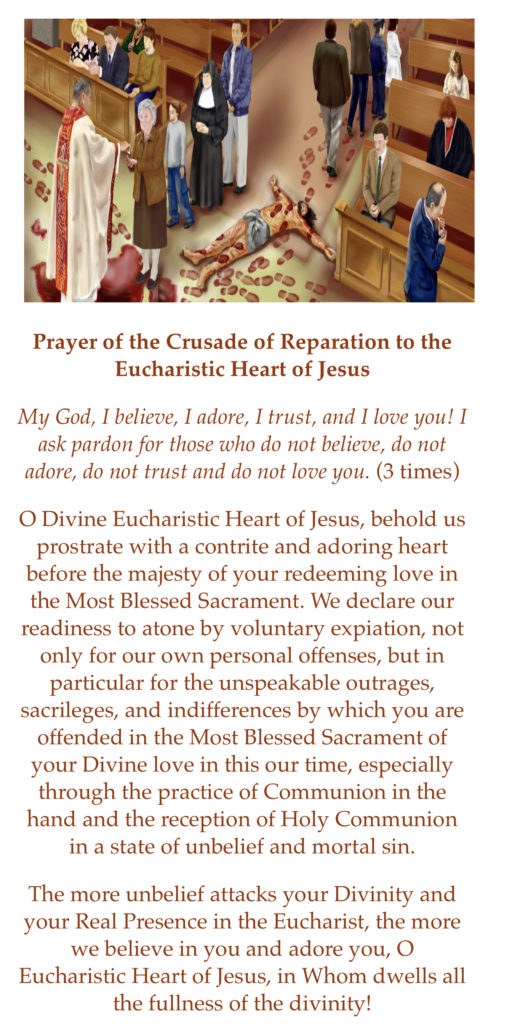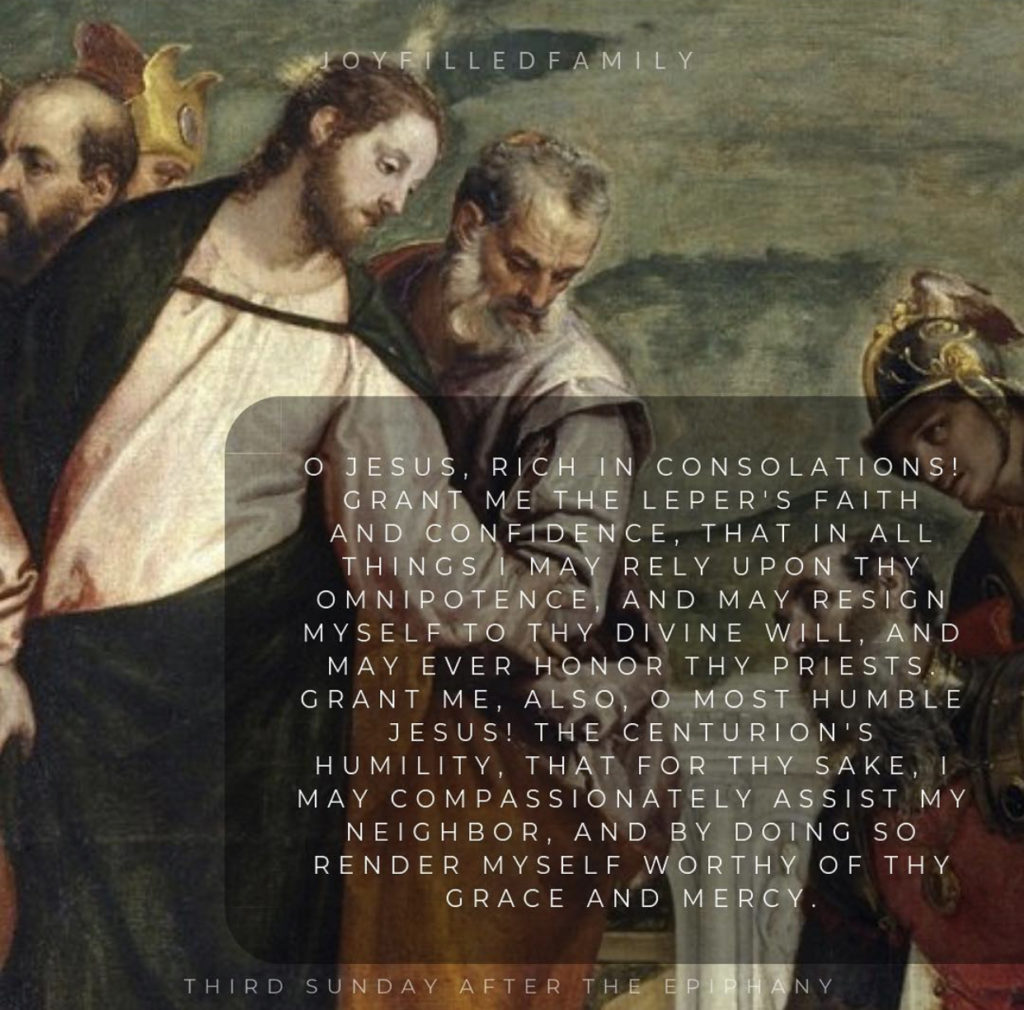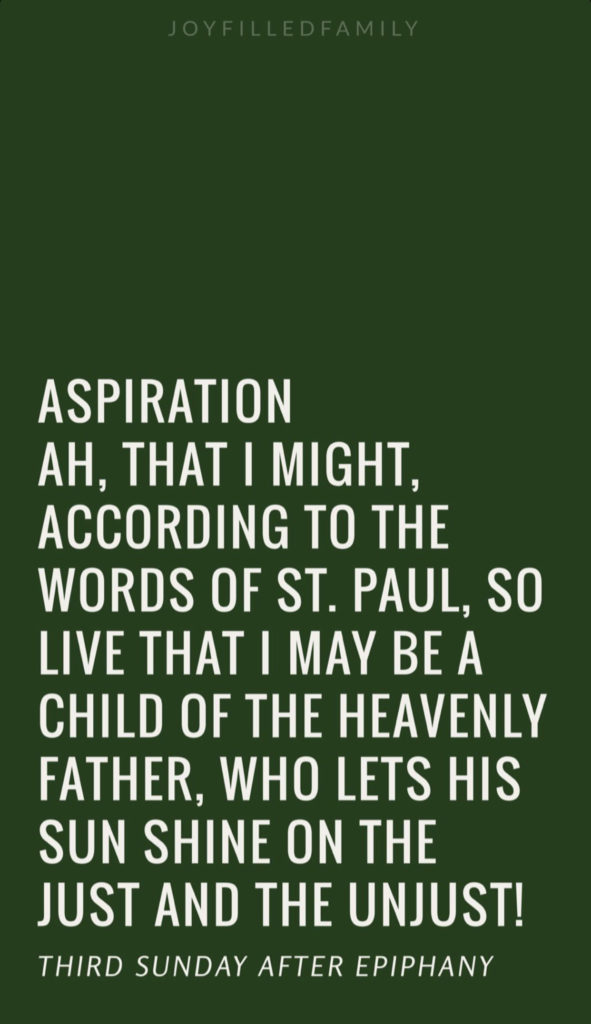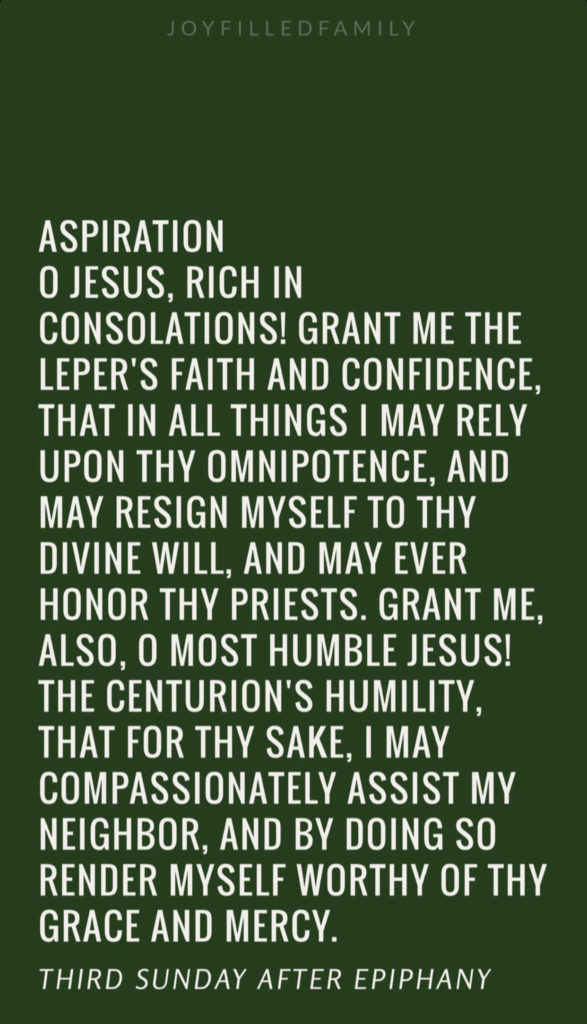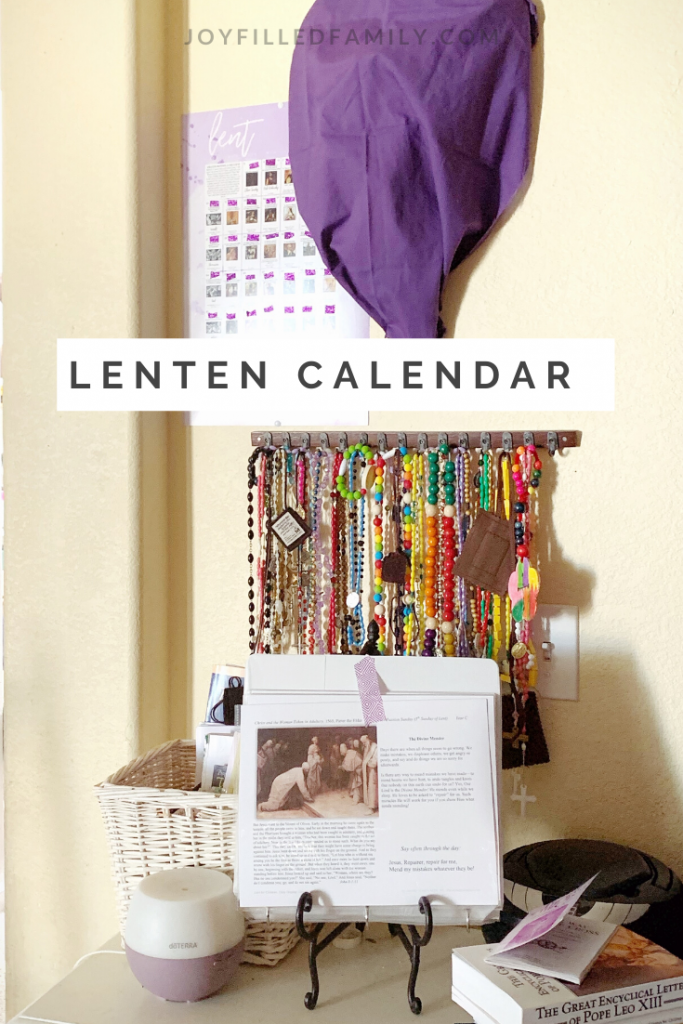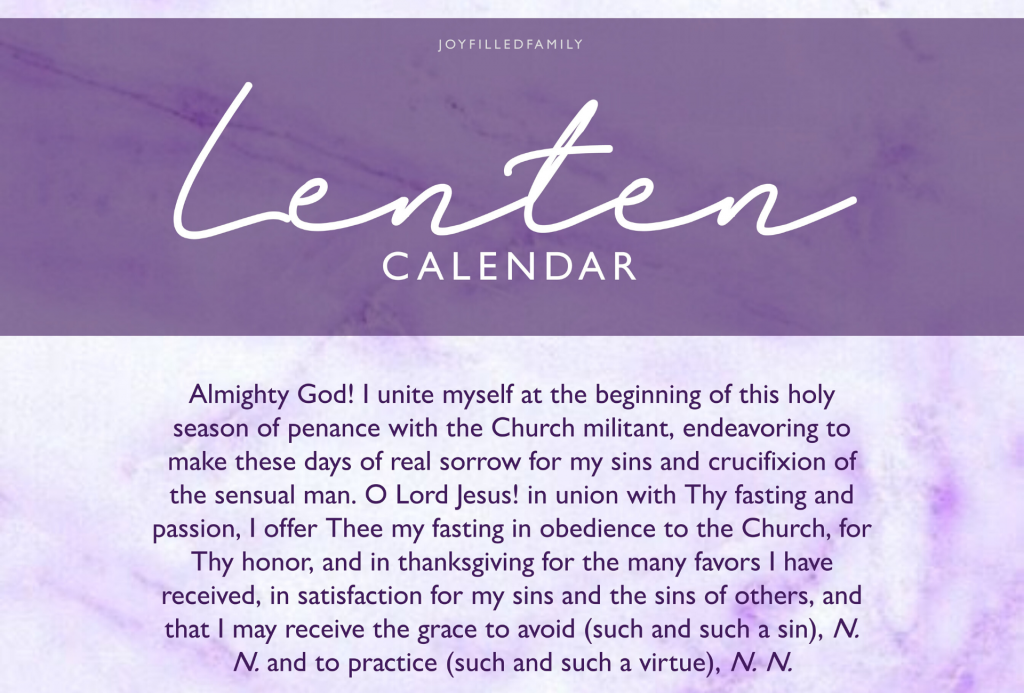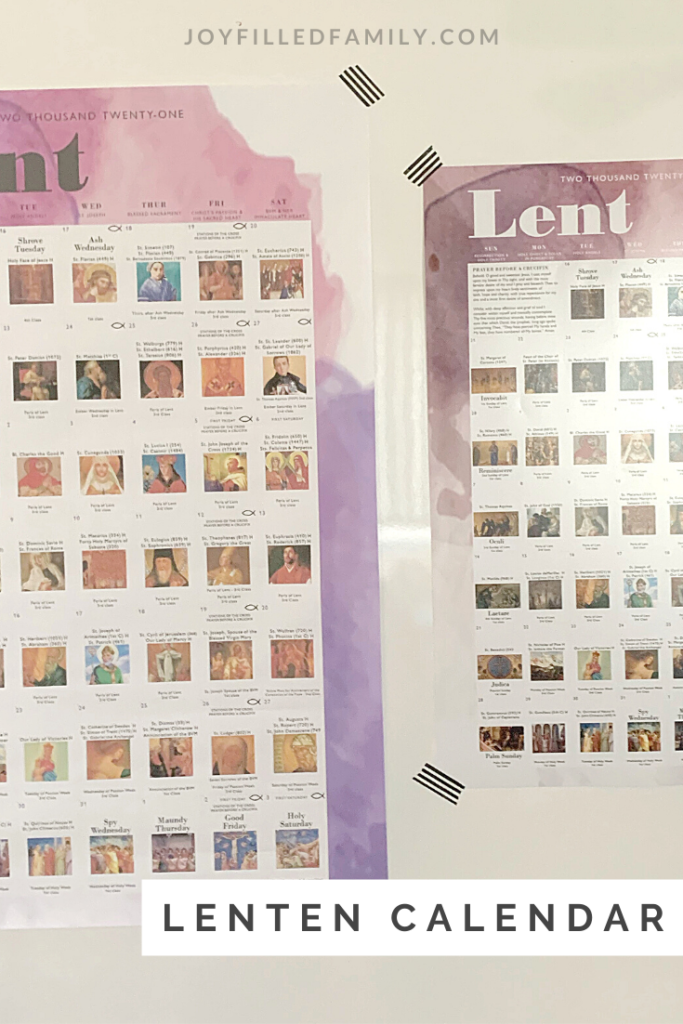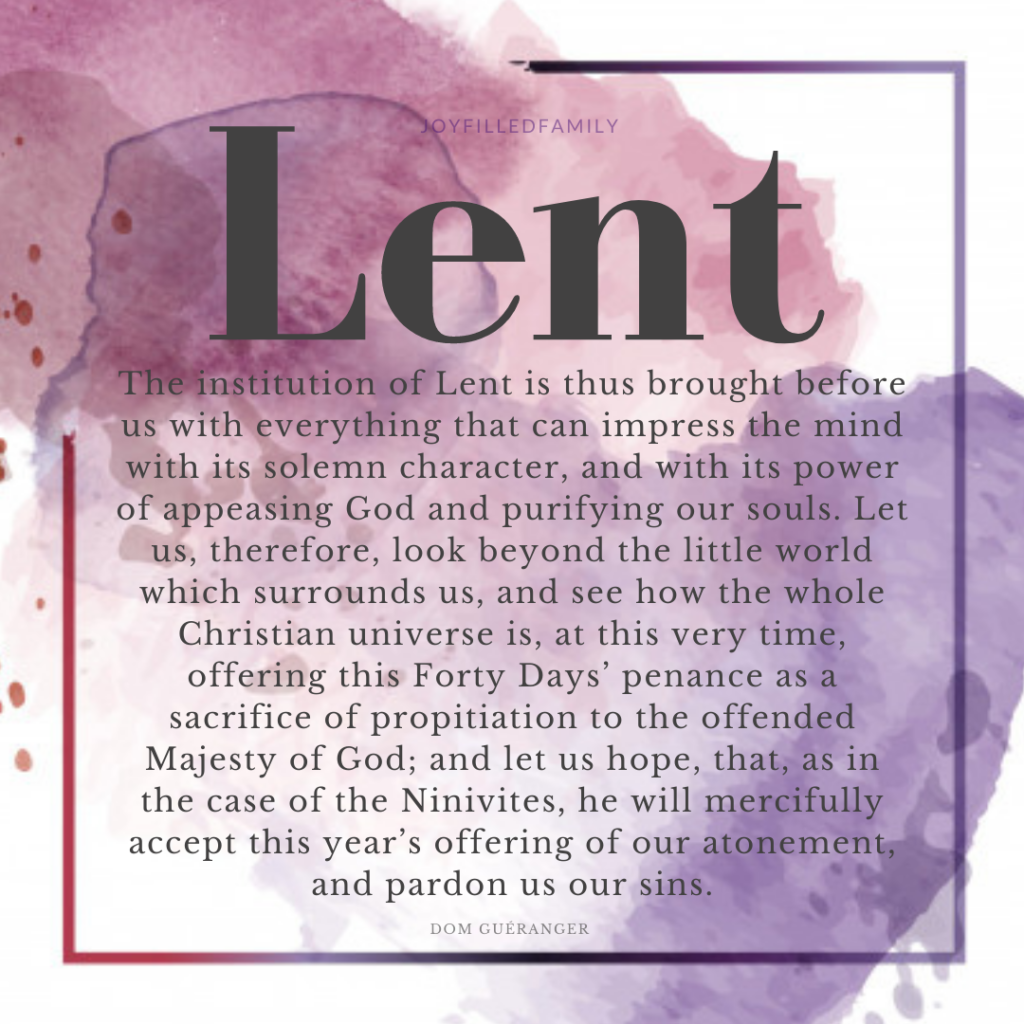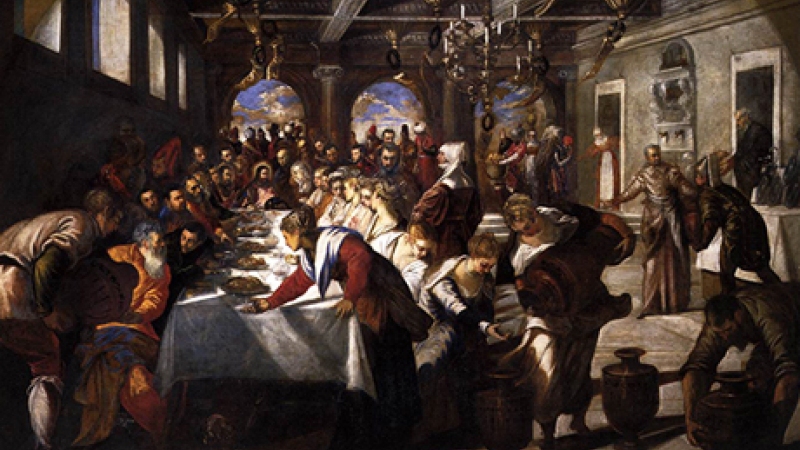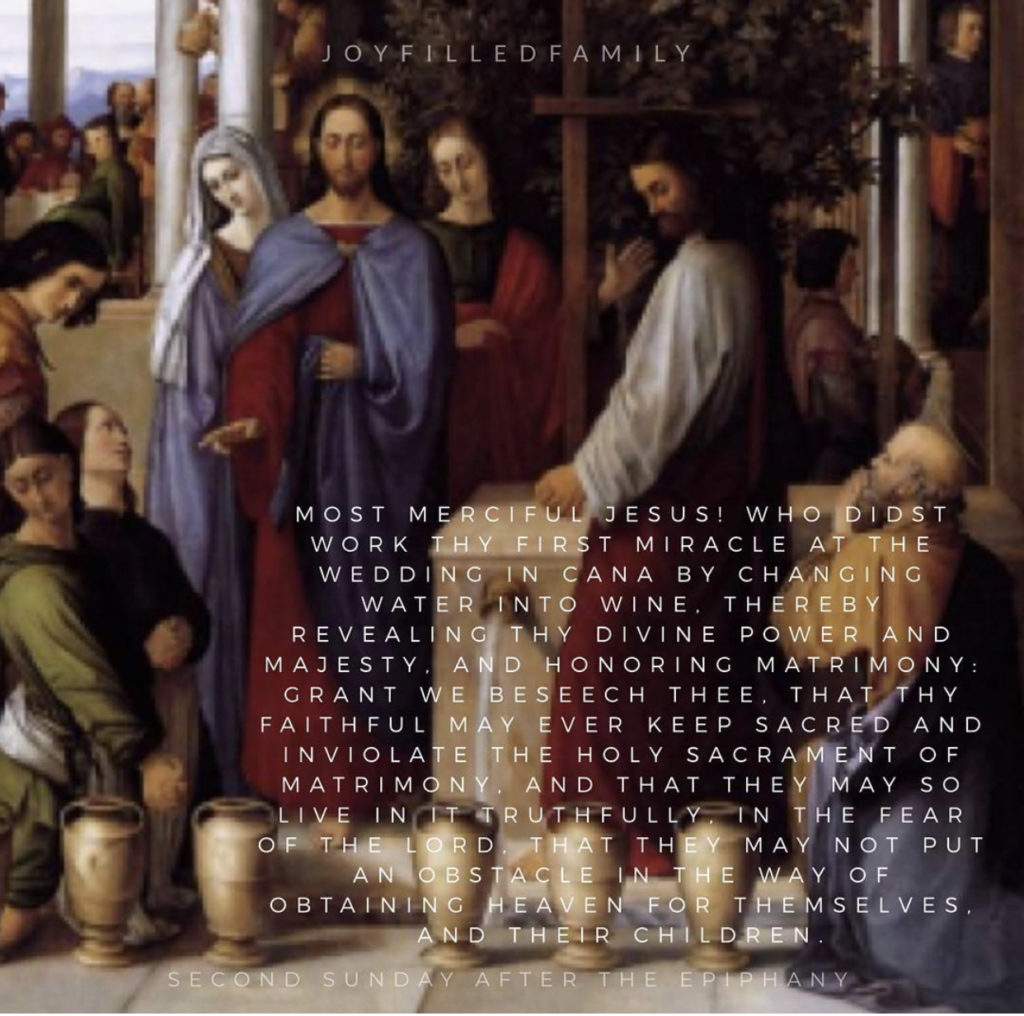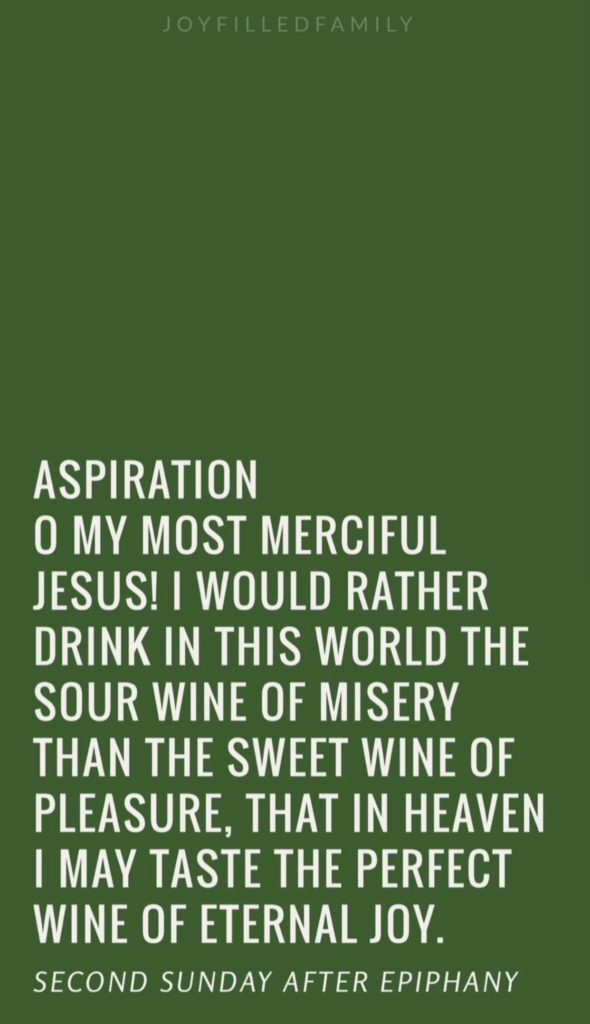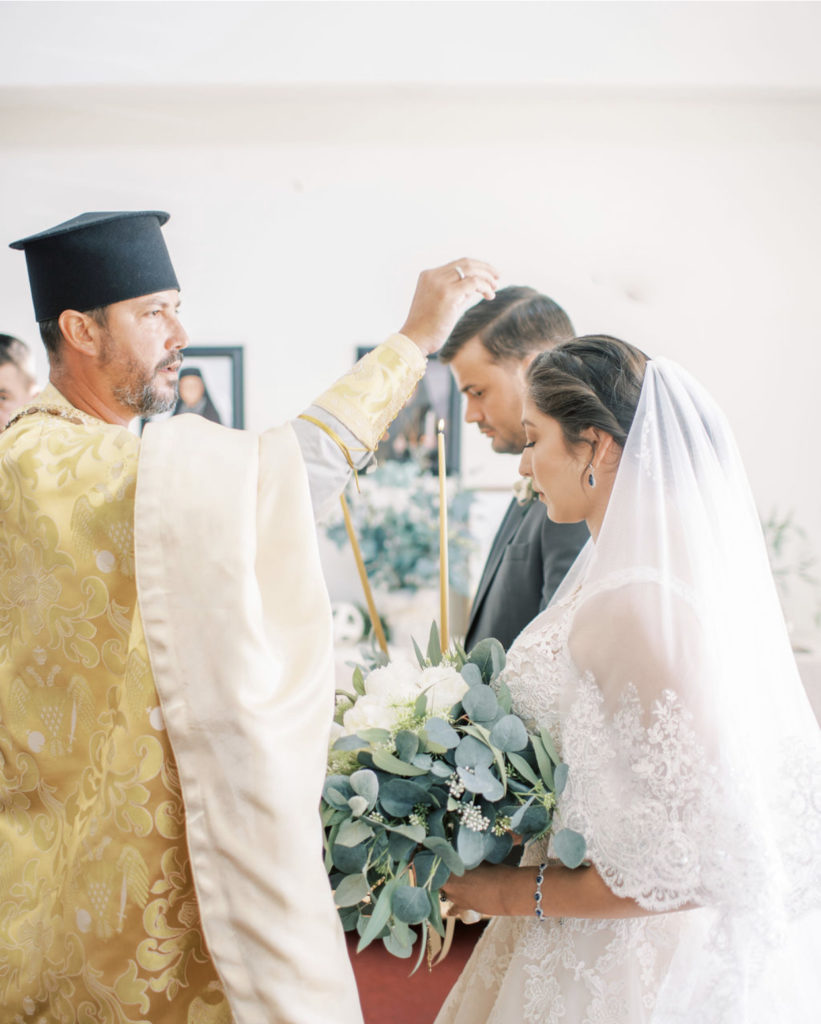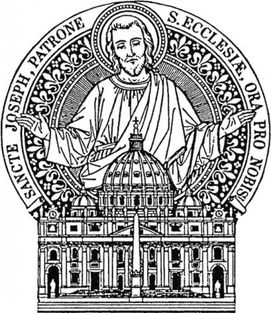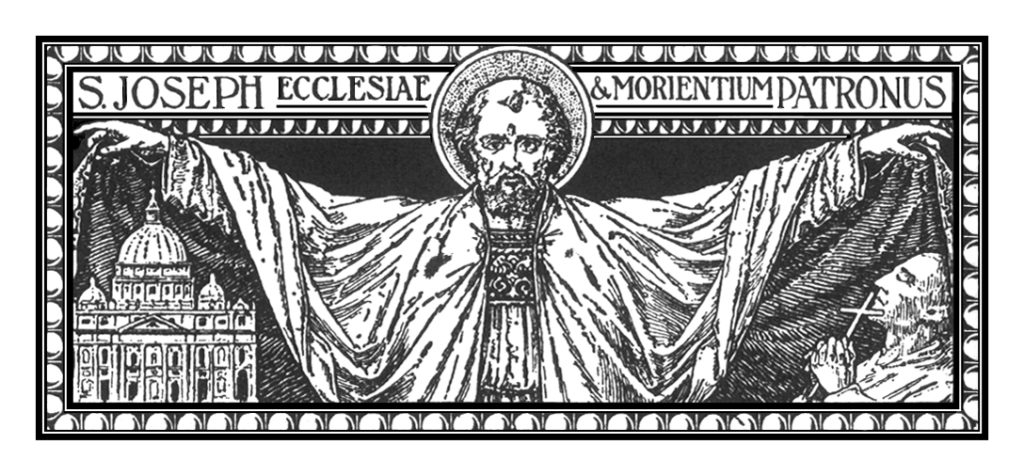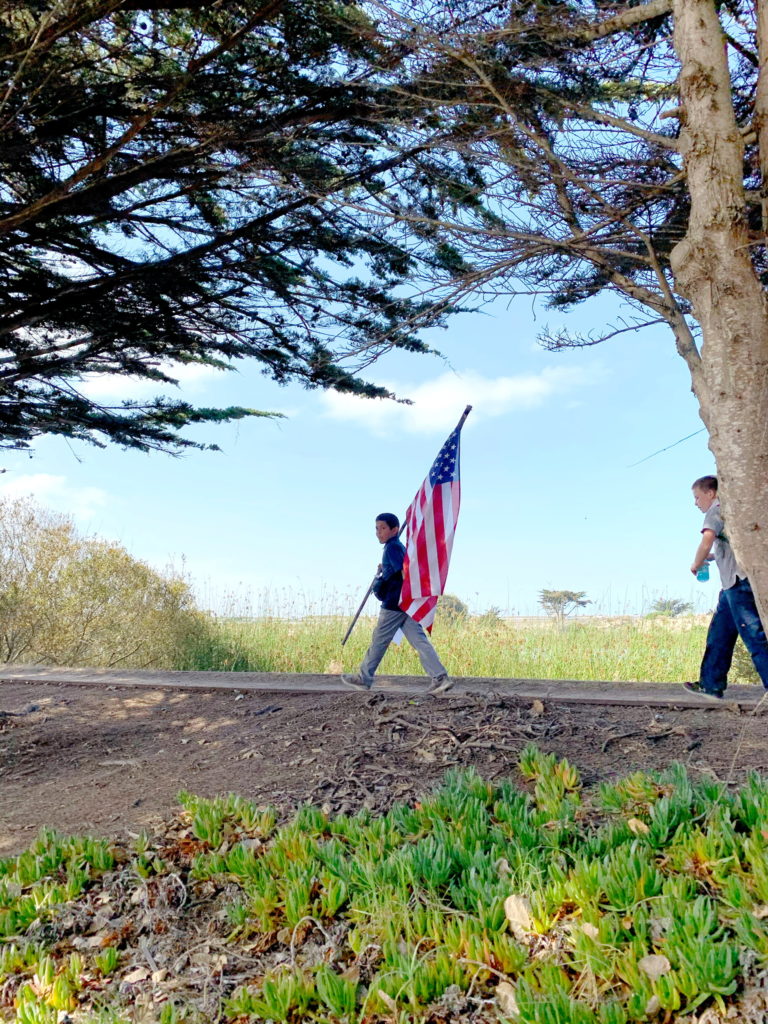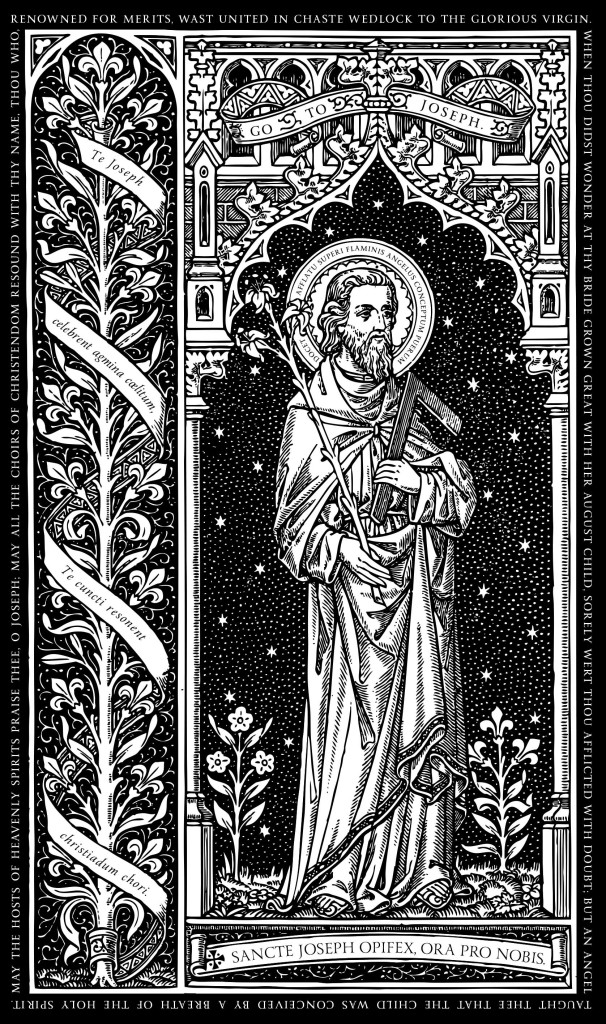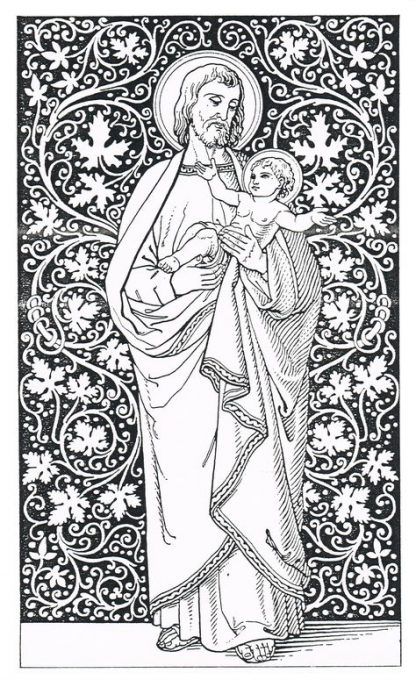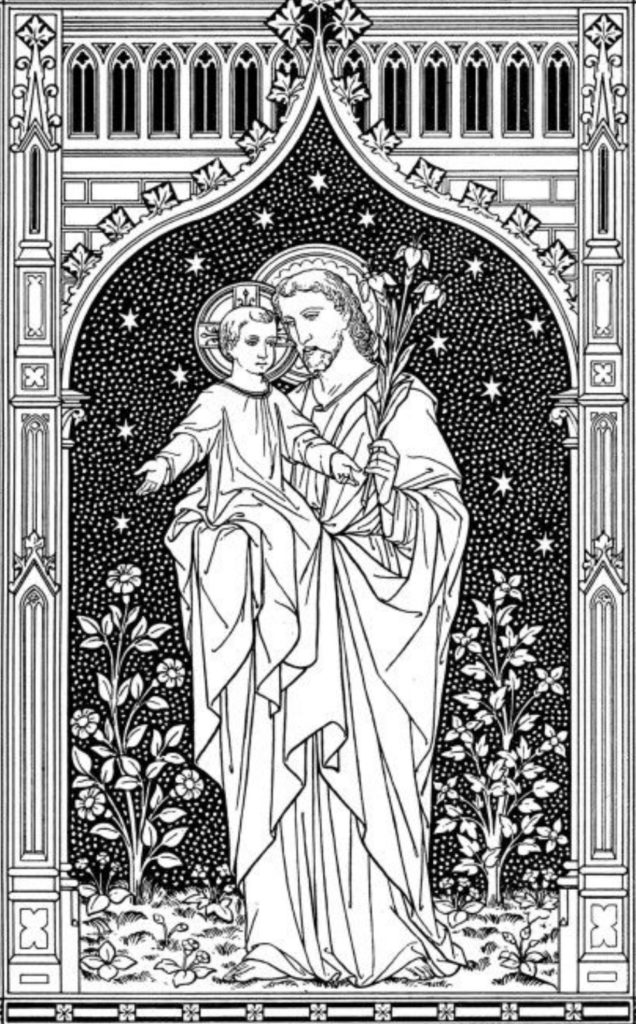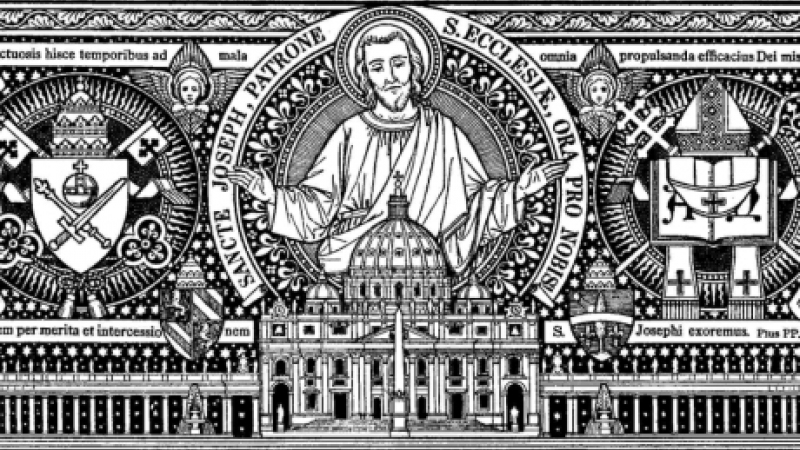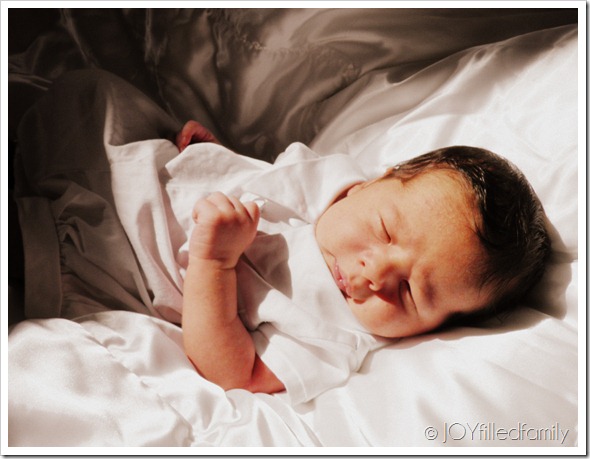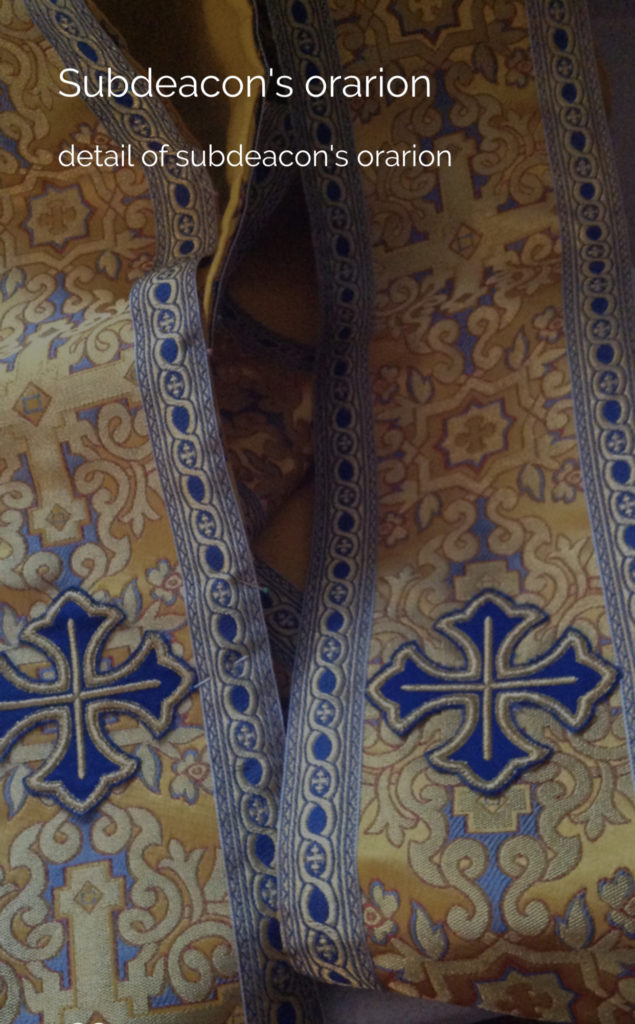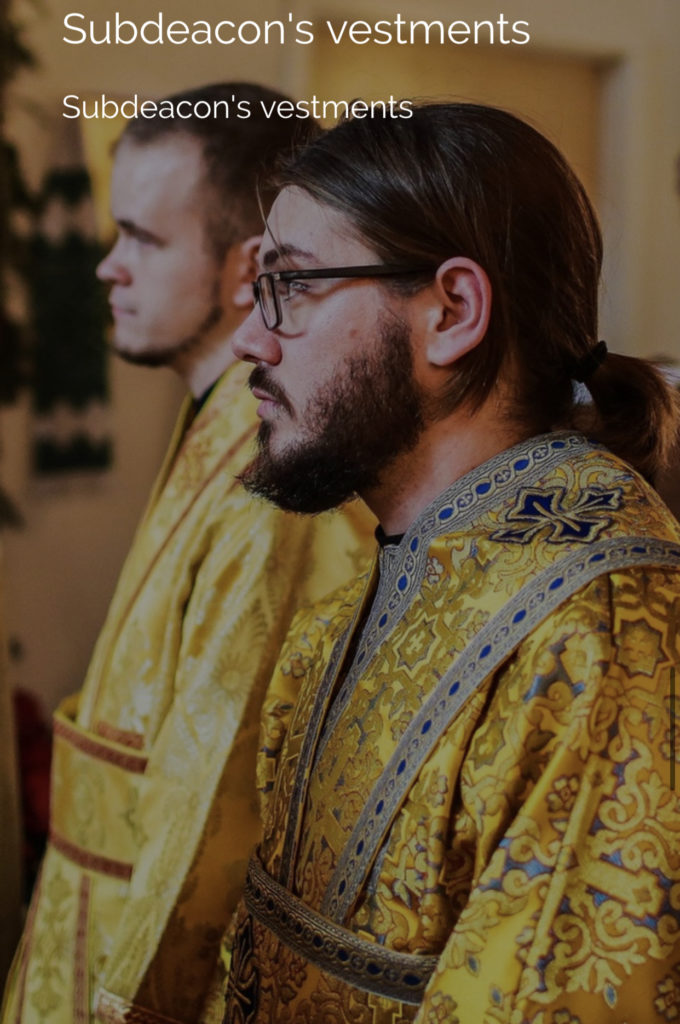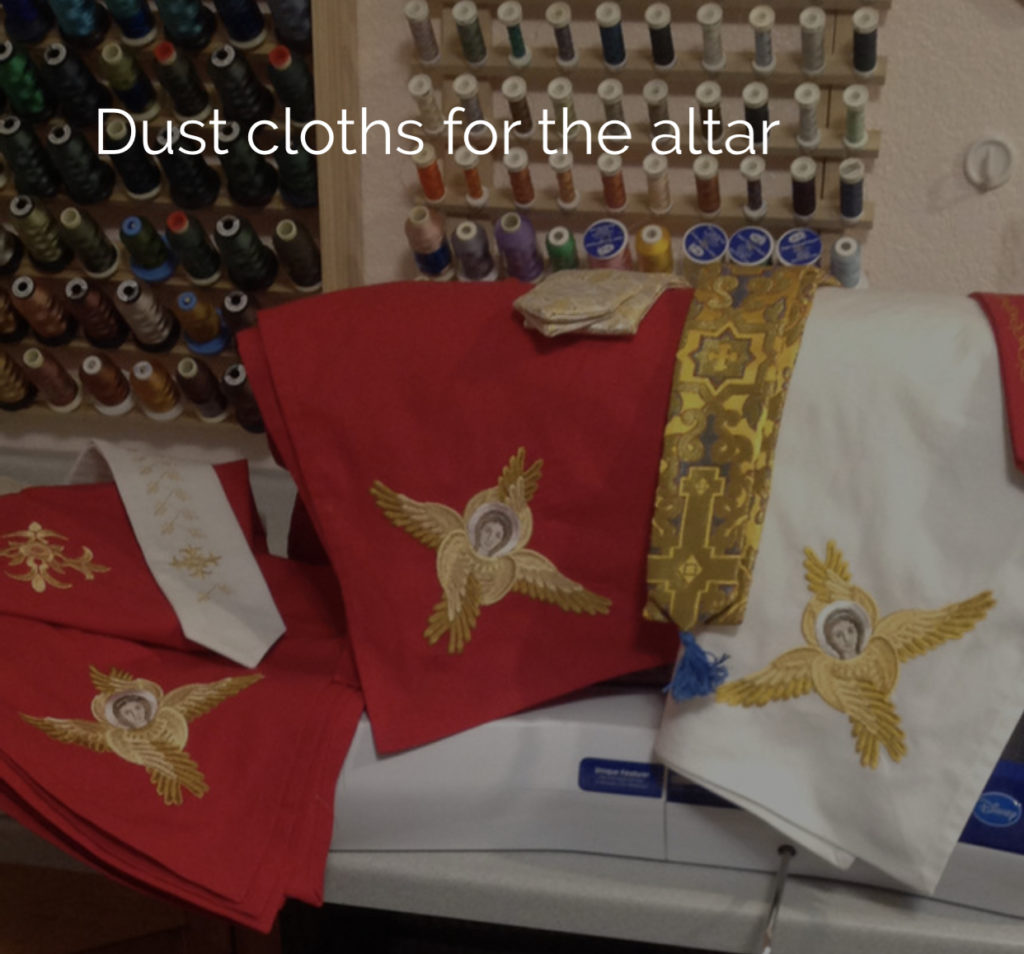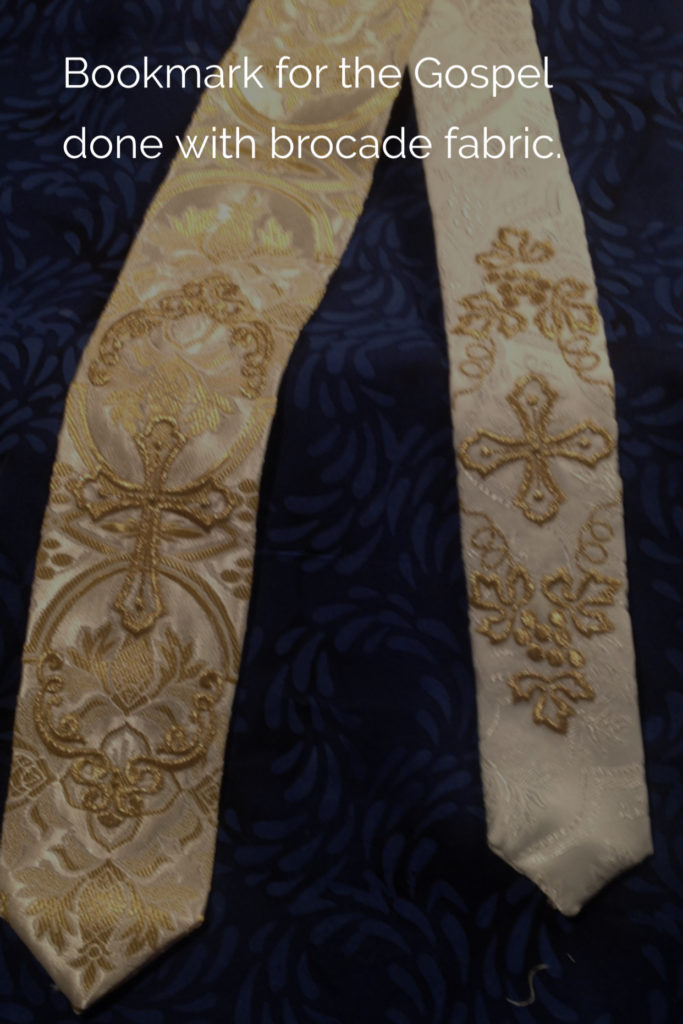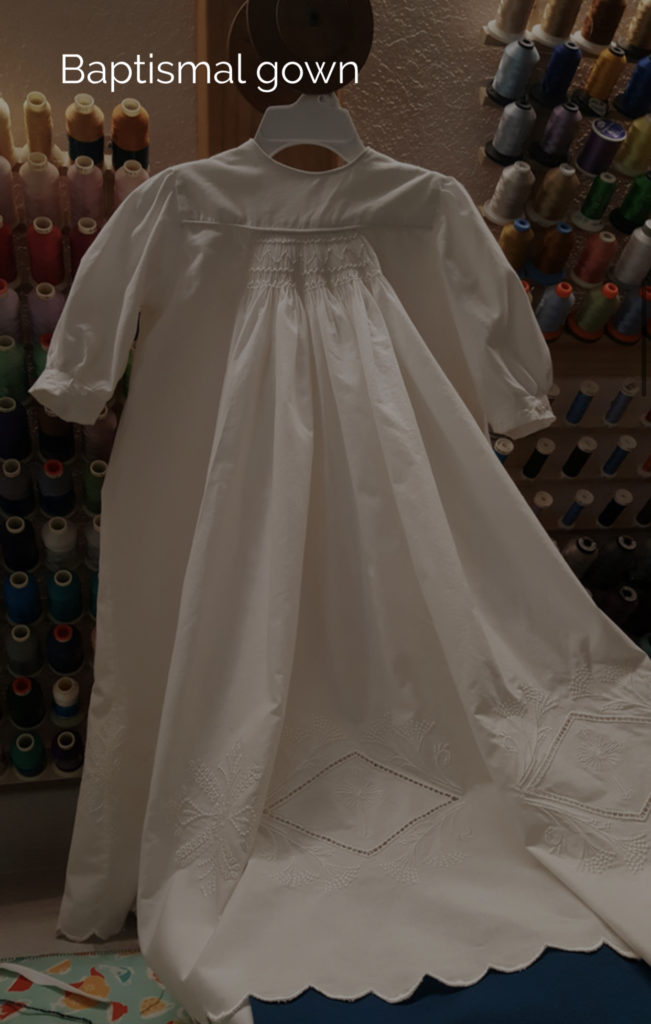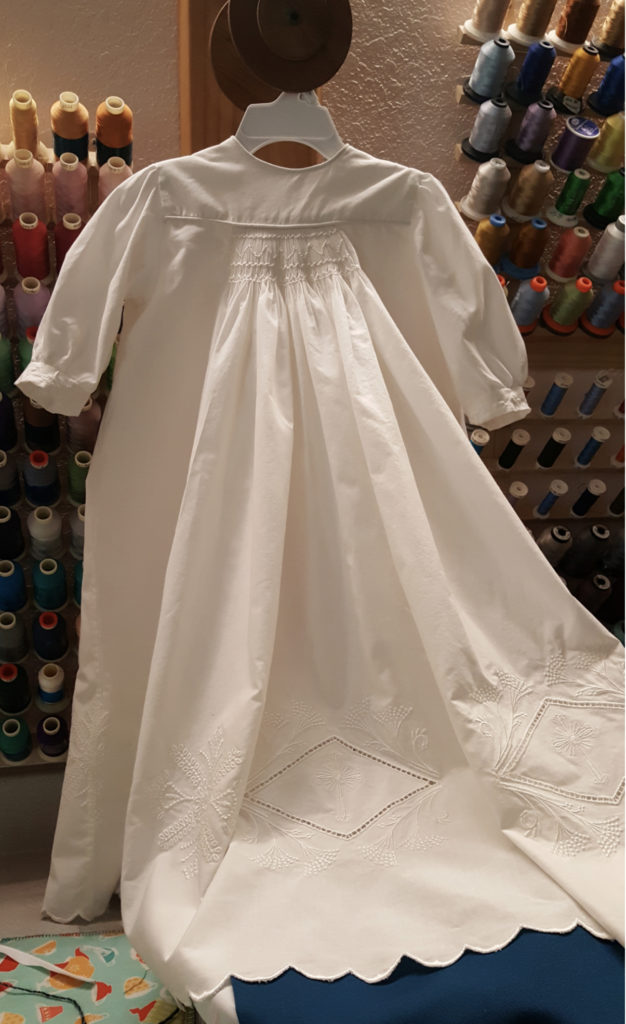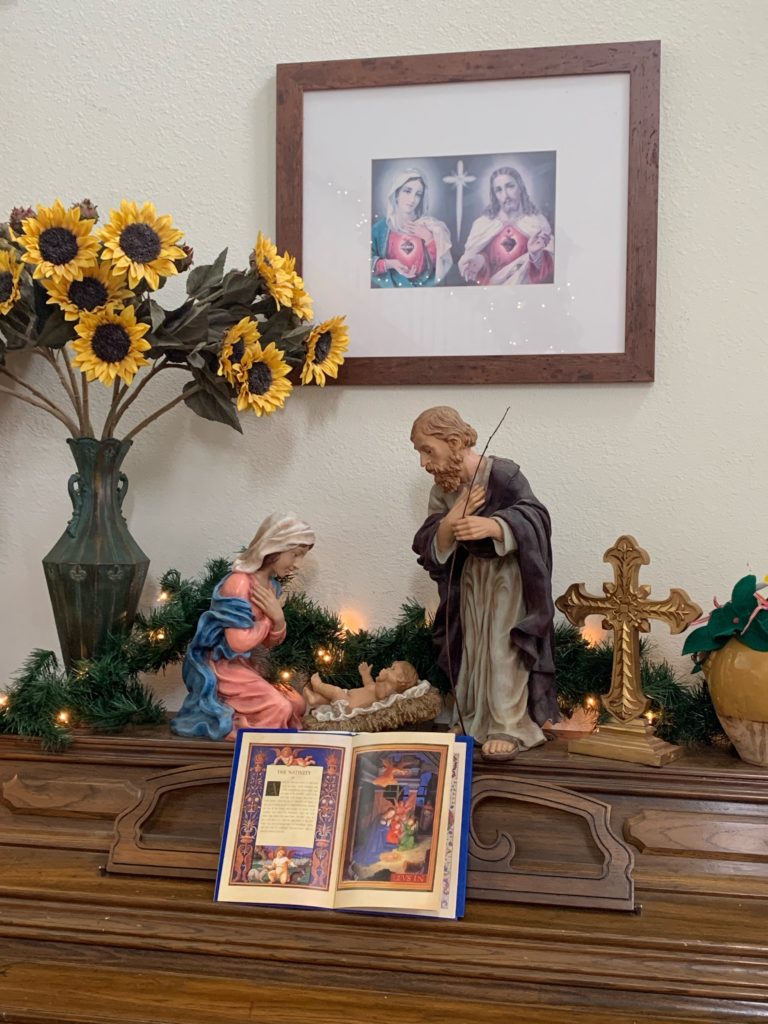Will you join us!
Bishop Athanasius Schneider called for this crusade in July 2020. Michael Matt of the Remnant featured it then and reshares it now to help in the New Year as we begin to face more challenges.
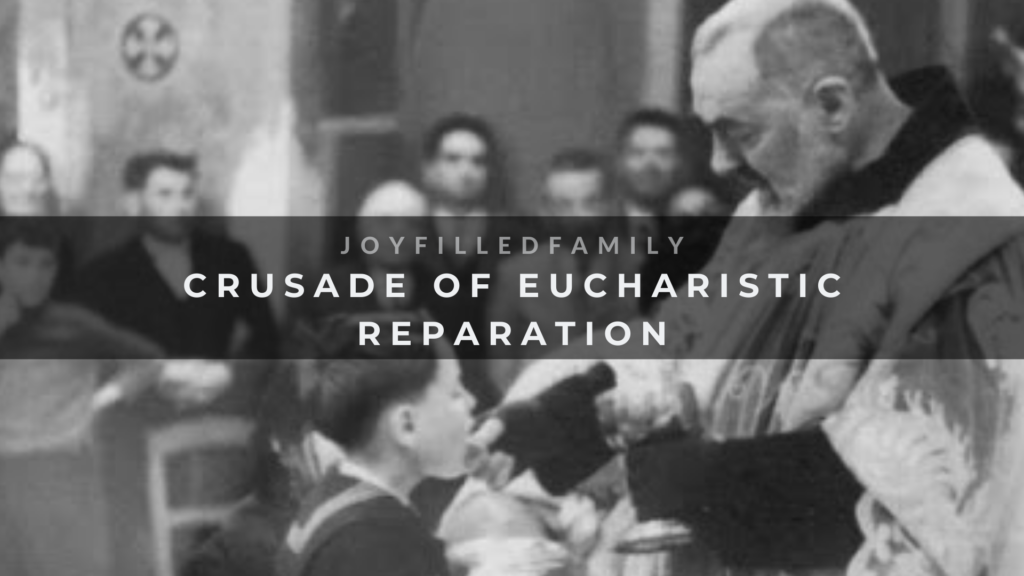
“There has never been in the history of the Church a time, where the sacrament of the Eucharist has been abused and outraged to such an alarming and grievous extent as in the past five decades, especially since the official introduction and Papal approval in 1969 of the practice of Communion in the hand. These abuses are aggravated, furthermore, by the widespread practice in many countries of faithful who, not having received the sacrament of Penance for many years, nevertheless regularly receive Holy Communion.
The height of the abuses of the Holy Eucharist is seen in the admittance to Holy Communion of couples who are living in a public and objective state of adultery, violating thereby their indissoluble valid sacramental marriage bonds, as in the case of the so-called “divorced and remarried”, such admittance being in some regions officially legalized by specific norms, and, in the case of the Buenos Aires region in Argentina, norms even approved by the Pope. Additionally to these abuses comes the practice of an official admittance of Protestant spouses in mixed marriages to Holy Communion, e.g., in some dioceses in Germany.
To say that the Lord is not suffering because of the outrages committed against Him in the sacrament of the Holy Eucharist can lead to a minimizing of the great atrocities committed. Some people say: God is offended by the abuse of the Blessed Sacrament, but the Lord does not personally suffer. This is, however, theologically and spiritually too narrow a view.
Although Christ is now in His glorious state and hence no more subject to suffering in a human way, He nevertheless is affected and touched in His Sacred Heart by the abuses and outrages against the Divine majesty and the immensity of His Love in the Blessed Sacrament…
God grant that through the Eucharistic crusade of reparation, there may increase the number of adorers, lovers, defenders, and consolers of the Eucharistic Lord….”
We promise to receive Our Lord on our tongue, from a priest and on our knees — now and forever, and for the rest of our lives!
“In the current so-called “C… Pandemic Emergency,” horrible abuses of the Most Blessed Sacrament have increased still more. Many dioceses around the world mandated Communion in the hand, and in those places the clergy, in an often humiliating manner, deny the faithful the possibility to receive the Lord kneeling and on the tongue, thus demonstrating a deplorable clericalism and exhibiting the behavior of rigid neo-Pelagians.
Furthermore, in some places the adorable Eucharistic Body of Christ is distributed by the clergy and received by the faithful with household or disposable gloves. The treating of the Blessed Sacrament with gloves suitable for treating garbage is an unspeakable Eucharistic abuse.
In view of the horrible maltreatments of Our Eucharistic Lord—He being continuously trampled under foot because of Communion in the hand, during which almost always little fragments of the host fall on the floor; He being treated in a minimalistic manner, deprived of sacredness, like a cookie, or treated like garbage by the use of household gloves—no true Catholic bishop, priest or lay faithful can remain indifferent and simply stand by and watch.
There must be initiated a world-wide crusade of reparation to and consolation of the Eucharistic Lord…
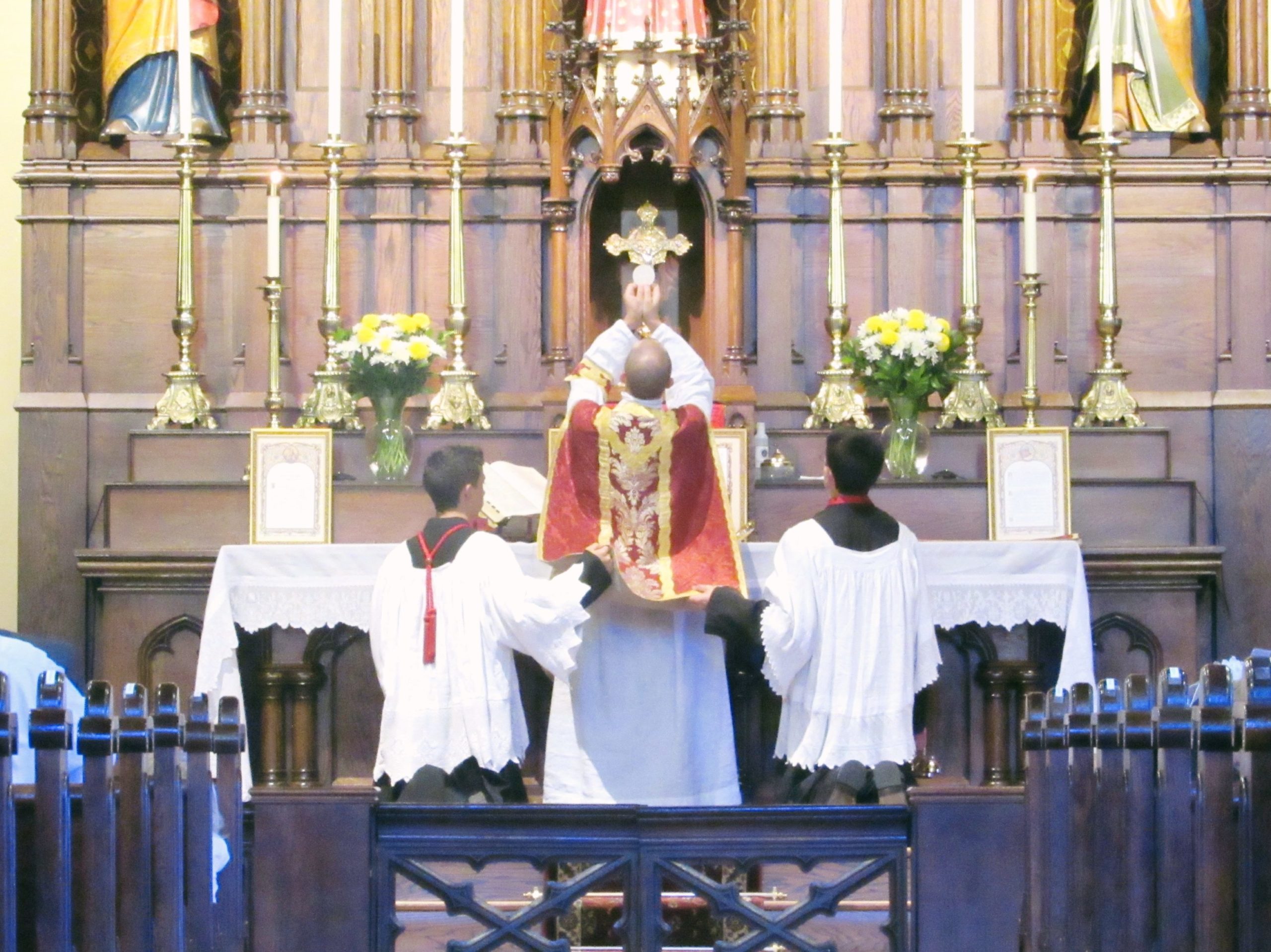
The day when, in all the churches of the Catholic world, the faithful will receive the Eucharistic Lord, veiled under the species of the little sacred host, with true faith and a pure heart, in the biblical gesture of adoration (proskynesis), that is, kneeling, and in the attitude of a child, opening the mouth and allowing oneself to be fed by Christ Himself in the spirit of humility, then undoubtedly will the authentic spiritual springtime of the Church come closer. The Church will grow in the purity of the Catholic Faith, in the missionary zeal of salvation of souls, and in the holiness of the clergy and the faithful. In deed, the Lord will visit His Church with His graces to the extent that we venerate Him in His ineffable sacrament of love (sic nos Tu visita, sicut Te colimus).” – Bishop Athanasius Schneider
ADORAMUS TE, CHRISTE: Bishop Schneider Calls for COVID-Abuse Reparation Crusade, Athanasius Schneider
